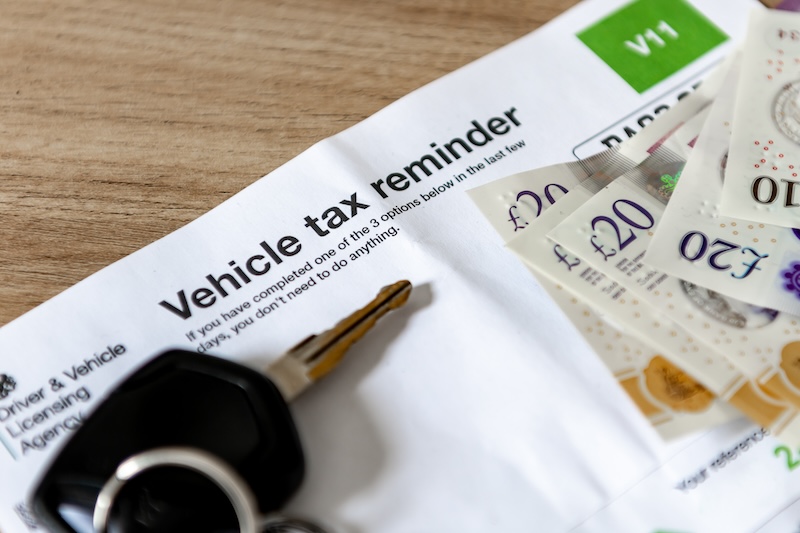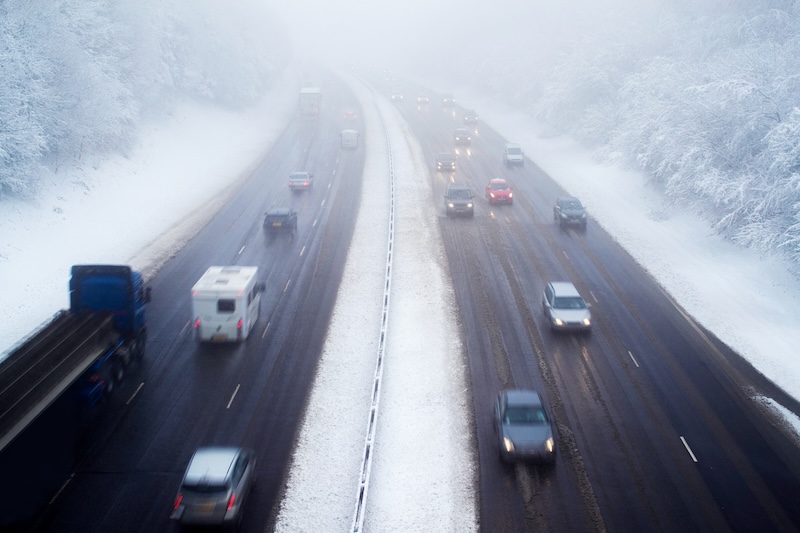A guide to making your home energy efficient | 1st Central

As the days get shorter and the temperatures drop, it’s time to start thinking about preparing your home for the winter months. Here’s some top tips to help you keep your home warm, safe, and energy-efficient this winter.
Insulate your home
Proper insulation is key to keeping your home warm and reducing energy bills. Check your loft, walls, and floors for adequate insulation. Consider adding draught excluders to doors and windows to prevent heat loss.
Service your boiler
Before the cold weather sets in, have your boiler serviced by a professional. This ensures it’s running efficiently and reduces the risk of breakdowns during the winter months.
Bleed your radiators
If your radiators aren’t heating up properly, they might need bleeding. This process releases trapped air and allows your radiators to heat up more effectively.
Check your pipes
Frozen pipes can cause significant damage. Insulate any exposed pipes and consider leaving your heating on low when it’s particularly cold to prevent them from freezing.
Seal gaps and cracks
Inspect your home for any gaps or cracks around windows, doors, and walls. Use sealant or weatherstripping to close these gaps and keep the cold air out.
Clean your gutters
Leaves and debris can clog your gutters, leading to water damage. Clean them out before winter to ensure water can flow freely and prevent ice dams from forming.
Prepare for power cuts
Winter storms can sometimes lead to power cuts. Keep a supply of candles, batteries, and torches handy. It’s also a good idea to have a battery-powered radio to stay informed about weather conditions.
Stock up on essentials
Make sure you have a good supply of essentials like food, water, and medications. This is especially important if you live in a remote area where getting to the shops might be difficult during heavy snow.
Check your roof
Inspect your roof for any loose or missing tiles that could cause leaks. It’s better to fix these issues now rather than dealing with water damage later.
Test your smoke and carbon monoxide alarms
With increased use of heating systems, the risk of fire and carbon monoxide poisoning can rise. Test your alarms to ensure they’re working properly and replace batteries if needed.
By following these tips, you can ensure your home is well-prepared for the winter months, keeping you warm and safe no matter how cold it gets outside. Stay cozy!


